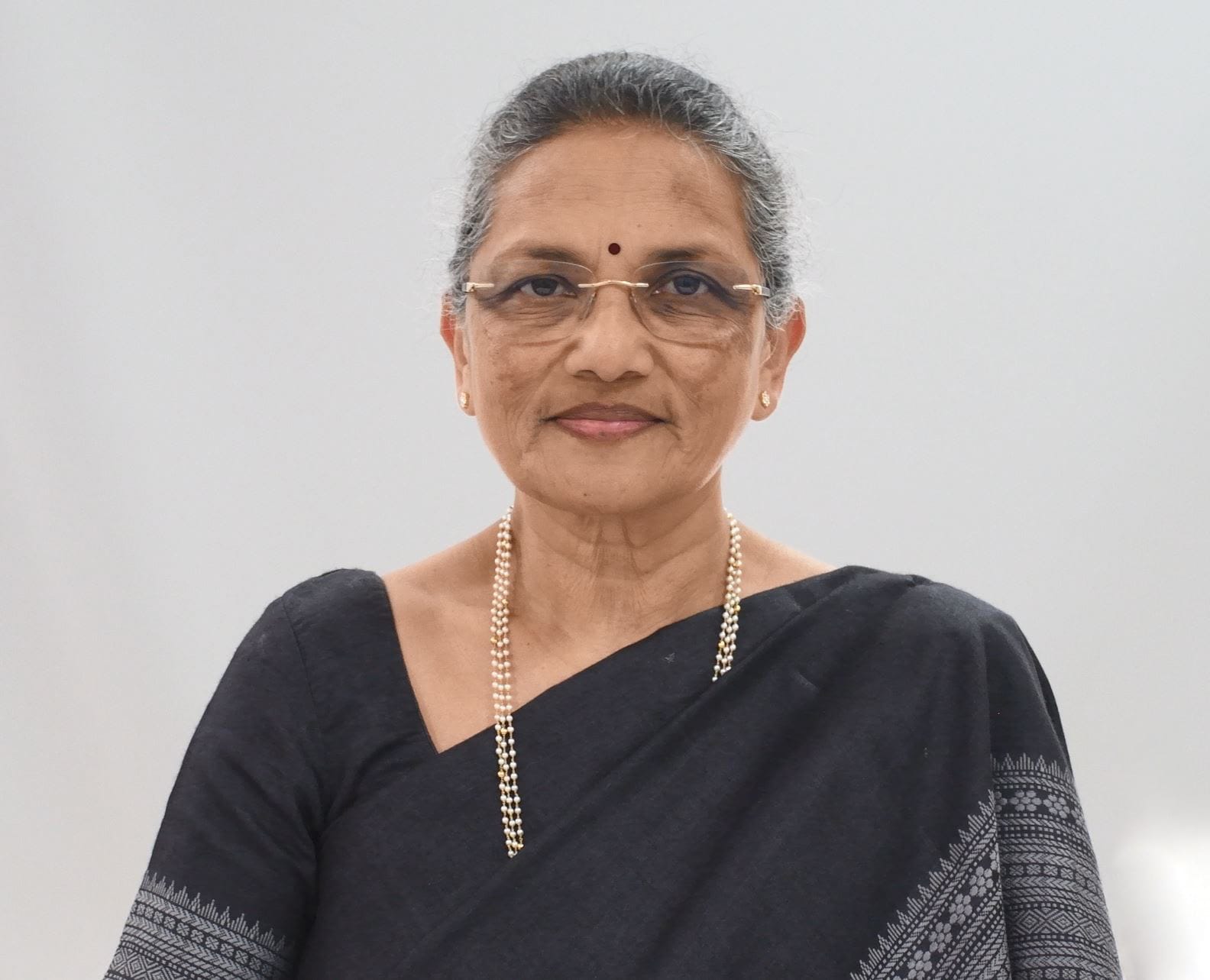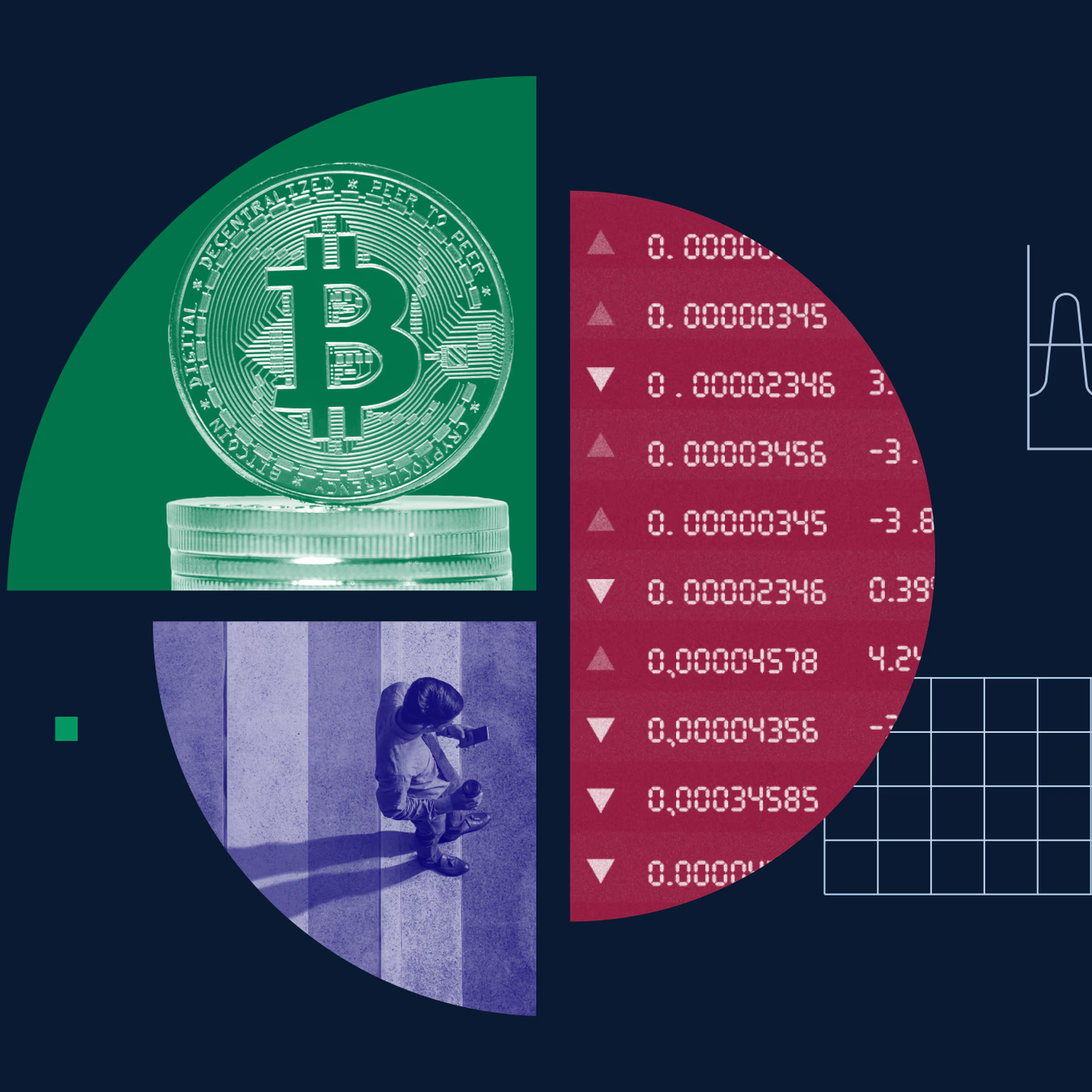Estonia Seeks Cybersecurity Partnership With India
Estonia, recognised as one of the
world’s most digitally advanced countries, is keen on partnering with India in
the field of cybersecurity. During a series of meetings with Indian journalists
visiting Tallinn, Estonian government officials expressed their strong interest
in collaborating with India to enhance cybersecurity measures.
Jonatan Vseviov, Secretary
General of the Ministry of Foreign Affairs, emphasised Estonia’s readiness to
strengthen ties with India. “We are happy to intensify the cooperation with
India and to conduct cyber exercises here. Globally, there is a rise in cyber
attacks and Estonia is also facing attacks from hackers,” Vseviov stated.
Estonia, a northern European
nation with a population of 1.37 million, was part of the Soviet Union until
its dissolution. The country experienced a significant cyberattack in 2007,
which targeted businesses and institutions through a Distributed Denial of
Service (DDoS) attack. This attack, occurring between April 25 and May 4, 2007,
flooded servers with internet traffic, making websites inaccessible. The attack
coincided with riots by ethnic Russian Estonians following the removal of a
Soviet war memorial in Tallinn. Since 2022, Estonia has faced additional large-scale
DDoS attacks on public sector websites, private companies, and services, which
the government alleges were backed by Moscow due to Estonia’s strong support
for Ukraine.
“The 2007 cyber attack was a
wake-up call for us. It was a politically motivated cyber-attack against
government institutions, private companies, and news organisations. We as a
digitized country realized that the digital domain is as important as land,
air, space, and sea. The information exchanges and coordination between
stakeholders are extremely important,” Vseviov explained.
Dr. Mart Noorma, Director of the
Cooperative Cyber Defence Centre of Excellence (CCDCOE), welcomed potential
collaboration with India. “We wholeheartedly welcome like-minded democratic
nations like India to join us. This will help in cyber knowledge and exchanging
methods to address cyber-attacks. The cooperation will help a large-scale
coalition through research, training, and exercises,” he said.
The CCDCOE, a NATO-accredited
knowledge hub established in 2008, offers an interdisciplinary approach to
cyber defense issues. It comprises international experts from the military,
government, academia, and industry from 39 countries. Noorma highlighted that
the CCDCOE protects national civilian and military IT systems and critical
infrastructure during large-scale cyber-attacks.
Estonian Minister of Defence
Hanno Pevkur also expressed support for international collaboration. “Every
country that is ready to contribute to the fight against evil is more than
welcome in Estonia because we have great experience in the cyber field. We have
also specially designed institutions for this purpose. When there are people
who are ready to contribute to our common goals, we are open to collaboration.
However, we must understand that as a small country, we can host only a limited
number of guests,” Pevkur said.
Estonia has also established the
Cyber Defence League, a voluntary organisation within its military defence
framework.
Estonia’s digital transformation
is notable, with 99 percent of its government services available online.
Internet access is considered a basic human right, and in 2005, Estonia became
the first country to implement online voting. The country’s comprehensive
online services allow taxpayers to file tax returns in just five minutes, and
all medical records are digitized.
In 1997, Estonia launched the
Tiger Leap project to expand internet networks and improve computer literacy.
It was the first country to legislate internet access as a basic human right,
and free Wi-Fi hotspots, introduced in 2001, now cover almost all populated
areas. In 2012, Estonia also became the first country to use blockchain
technology for governance.
(Courtesy: BW)


































Leave A Comment